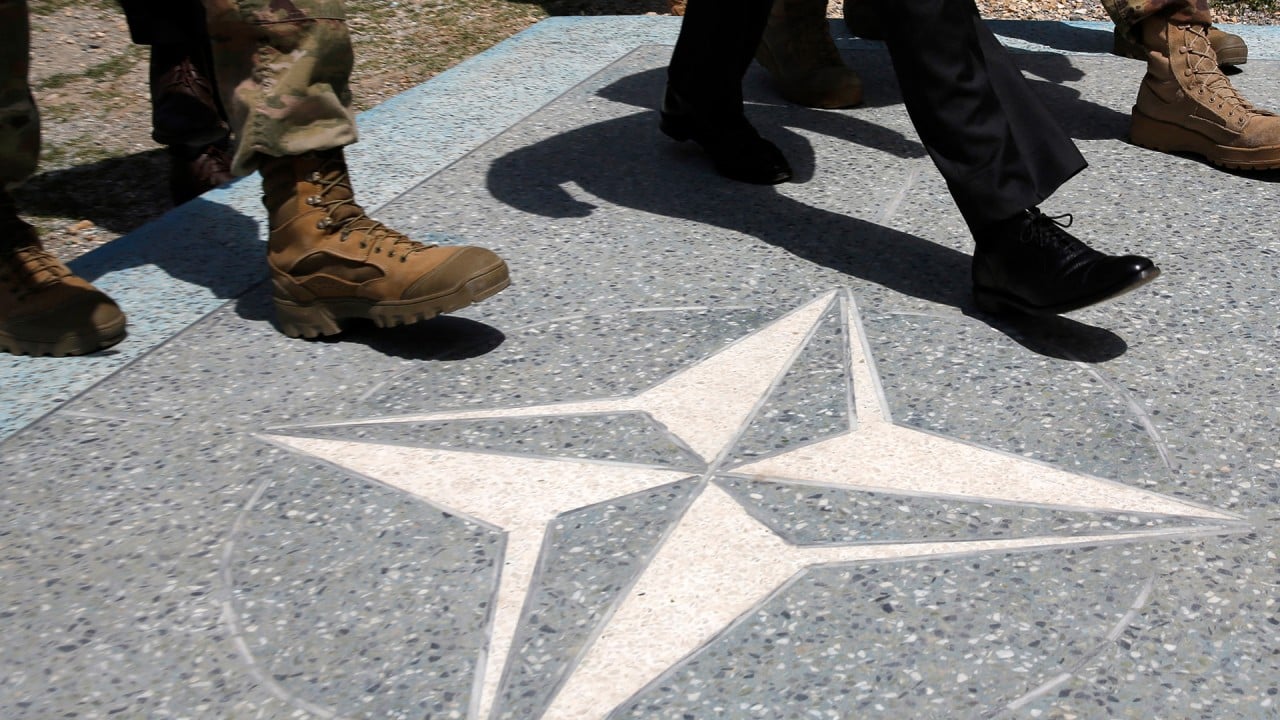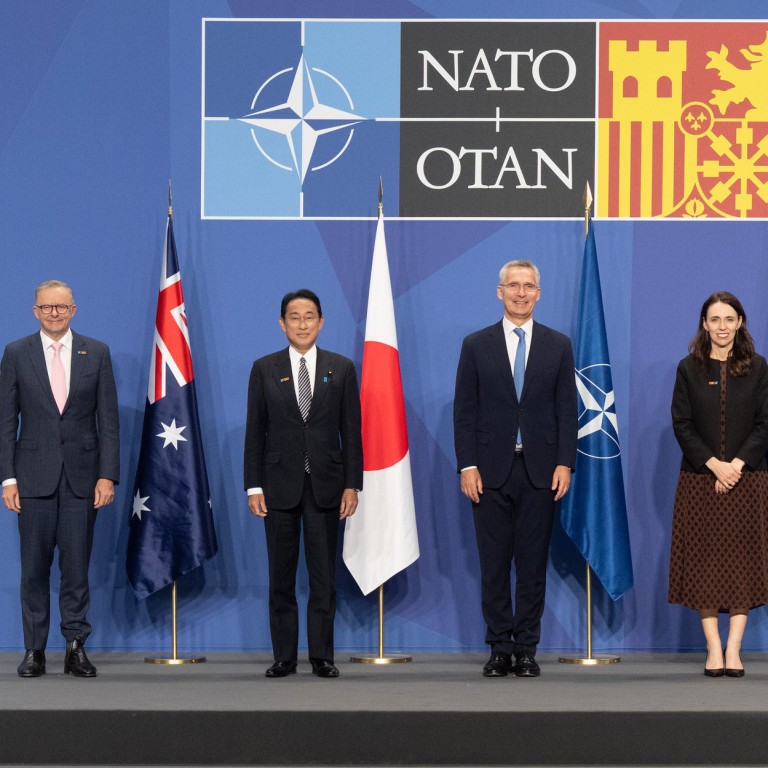
Nato leaders say China is a ‘systemic challenge to Euro-Atlantic security’
- For the first time, the Western military alliance singles out China by name in its strategy document, which had not been updated for 12 years
- Beijing and Moscow’s ‘mutually reinforcing attempts to undercut the rules-based international order run counter to our values and interest’
While expected, the move reflects rising suspicion towards China among the Western military alliance, but also a recognition of Beijing’s growing military clout.
The strategy has not been updated since 2010, and since then China has been closing the military and economic gap with the United States and other Nato members.
The document took aim at China’s relationship with Moscow. Beijing has yet to condemn Russia for its war against Ukraine and has offered rhetorical backing for its regional claims.
“The deepening strategic partnership between the People’s Republic of China and the Russian Federation and their mutually reinforcing attempts to undercut the rules-based international order run counter to our values and interest,” the document said.
It accused Beijing of employing “a broad range of political, economic and military tools to increase its global footprint and project power, while remaining opaque about its strategy, intentions and military build-up”.
The policy document said China’s “malicious hybrid and cyber operations and its confrontational rhetoric and disinformation target allies and harm alliance security”.
It said that China sought to “control key technological and industrial sectors, critical infrastructure, and strategic materials and supply chains. It uses its economic leverage to create strategic dependencies”.
Nato to boost rapid reaction force in biggest overhaul
After the strategy was adopted at the Nato Summit in Madrid, Secretary General Jens Stoltenberg told reporters: “China does not share our values, and like Russia is working on undermining our values.”
“China was not mentioned in our previous strategic concept,” he said. “In this year’s strategic concept, allies have stated that the People’s Republic of China’s ambitions and coercive policies challenge our interests, security and values.”
Chinese officials reacted almost immediately in refuting the claims.
“How can an Asia-Pacific China pose any challenge to the security of a North Atlantic military alliance? In fact, it’s the other way round. It’s Nato that dropped bombs on a Chinese embassy,” Wang Lutong the Chinese foreign ministry’s top official for Europe, wrote on Twitter.
He was referring to the strike that hit Beijing’s embassy in Belgrade in 1999 during the war in then Yugoslavia, killing three Chinese journalists.
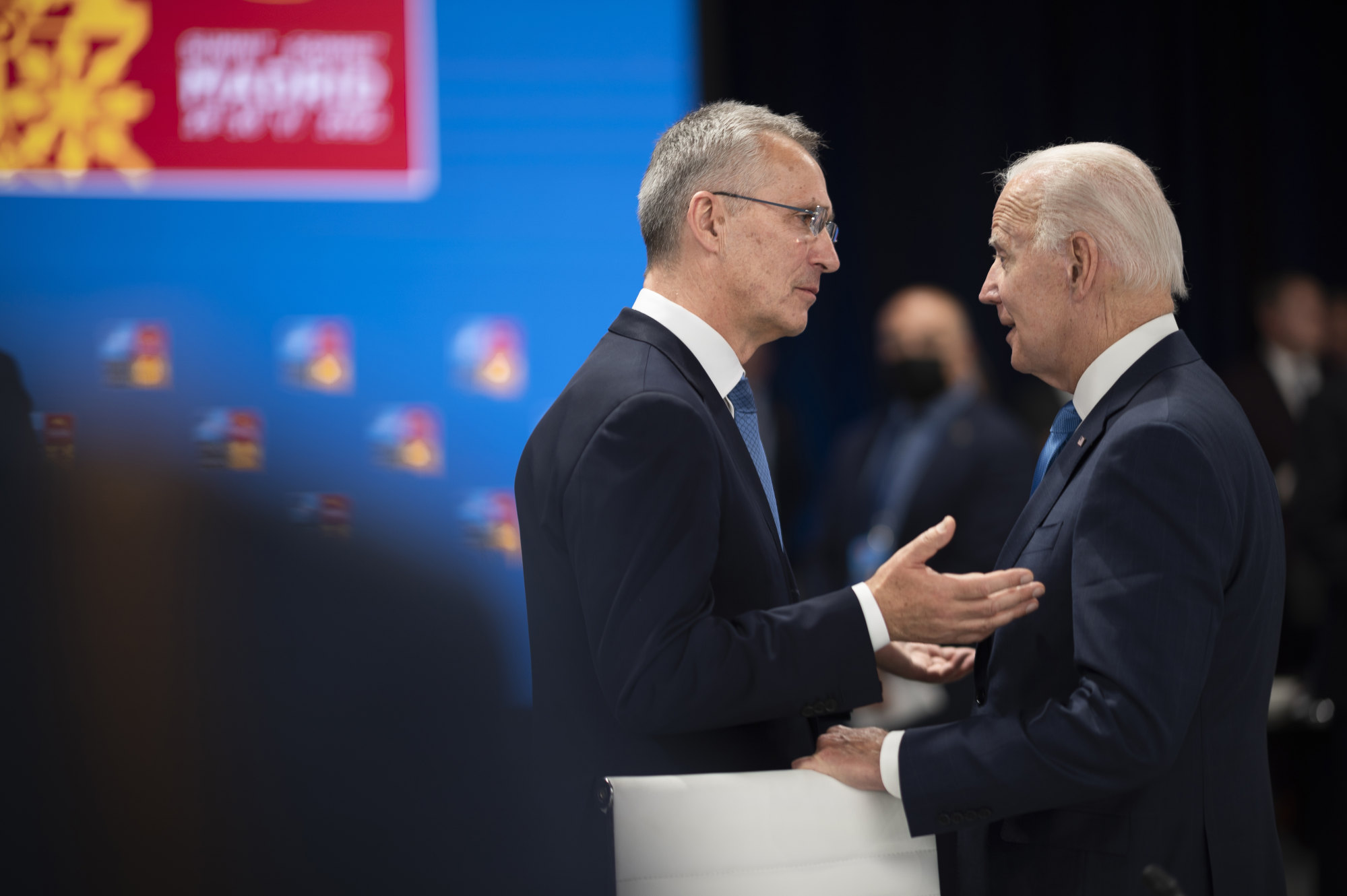
“China is never engaged in exporting values. We don’t impose our ideas on anyone. Nato should not allow itself to be used by some superpower to maintain hegemony and suppress other countries,” Wang said.
Before the summit, China’s envoy to the United Nations, Zhang Jun said: “Nato’s five eastward expansions after the Cold War have not only failed to make Europe securer, but also sowed the seed of conflict.”
“We firmly oppose certain elements clamouring for Nato’s involvement in the Asia-Pacific, or an Asia-Pacific version of Nato on the back of military alliances,” he said.
Nato invites Sweden and Finland to join, calls Russia a ‘direct threat’
Addressing China’s reaction, Stoltenberg said on Wednesday: “Nato will remain an alliance of North America and Europe, but this region faces global threats and challenges. That is cyber, that is terrorism. But also, the security consequences of China – because that has an effect on us. And therefore it is necessary to work together, for instance, with our Asia-Pacific partners.
“Several allies also expressed concerns related to freedom of navigation. And China’s coercive and assertive behaviour in the South China Sea matters for every country in the region. But it also matters for every country concerned about the freedom of navigation.”
The Nato document did include a brief reference to cooperation with China. “We remain open to constructive engagement with the PRC, including to build reciprocal transparency, with a view to safeguarding the alliance’s security interests,” it said.
One former US official said the inclusion of China in the strategic document suggested the transatlantic gap over the China threat and Beijing’s intentions was narrowing, as seen in Nato’s changing structure.
“All allies agreed to this language,” due in part to China’s recent support for Russia, said Jim Townsend, a former US deputy assistant defence secretary for Europe and Nato under president Barack Obama. “European allies are becoming as concerned as we are about China’s international actions.”
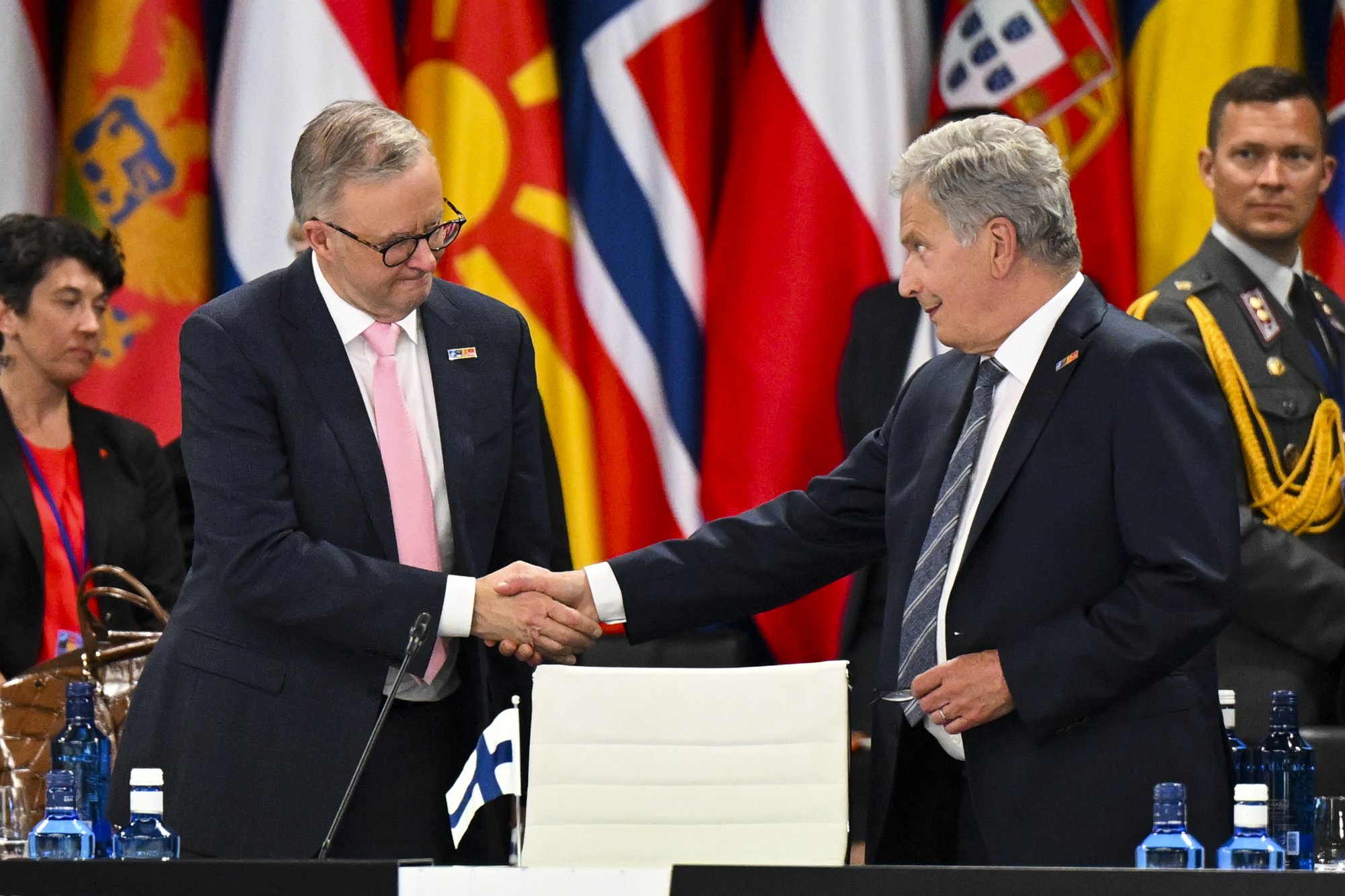
In recognition of the alliance’s wariness of China’s threat to Indo-Pacific security, the leaders of Australia, Japan, South Korea and New Zealand participated in the three-day summit in the Spanish capital.
Speaking to reporters in Madrid, Australia’s newly elected prime minister, Anthony Albanese, called on China to condemn Russia’s war in Ukraine.
He said he had a “very successful” meeting with the leaders of Japan, South Korea and New Zealand, where they welcomed the summit’s “important” focus on the Asia-Pacific region.
Ramon Pacheco Pardo, regional envoy for East and Southeast Asia at King’s College London said the countries’ attendance was “driven mainly by the perceived threat coming from China”.
“What really stands out for me is the number of European leaders like the Spanish prime minister who emphasised the absolute need to work with like-minded Indo-Pacific partners, essentially Australia, Japan, Korea and New Zealand,” he said.
China, Nato and how the Ukraine war is spilling over into the Asia-Pacific
British Foreign Secretary Liz Truss said that China using its economic power in “coercive” ways should make countries reconsider trade relations with Beijing. “The G7 countries and nations such as Australia should use their economic weight to challenge China,” she said.
On the sidelines of the Nato summit, US President Joe Biden met with the leaders of Japan and South Korea. They discussed “enhancing trilateral cooperation throughout the Indo-Pacific, particularly in regard to addressing the evolving threat posed by the Democratic People’s Republic of Korea’s unlawful weapons of mass destruction and ballistic missile” programmes, a White House statement said.
Japanese Prime Minister Fumio Kishida said afterward that Japan intended to significantly upgrade its Nato partnership over the next five years in areas such as cyber and maritime security given that the defence of Europe is inextricably linked to that of Asia.
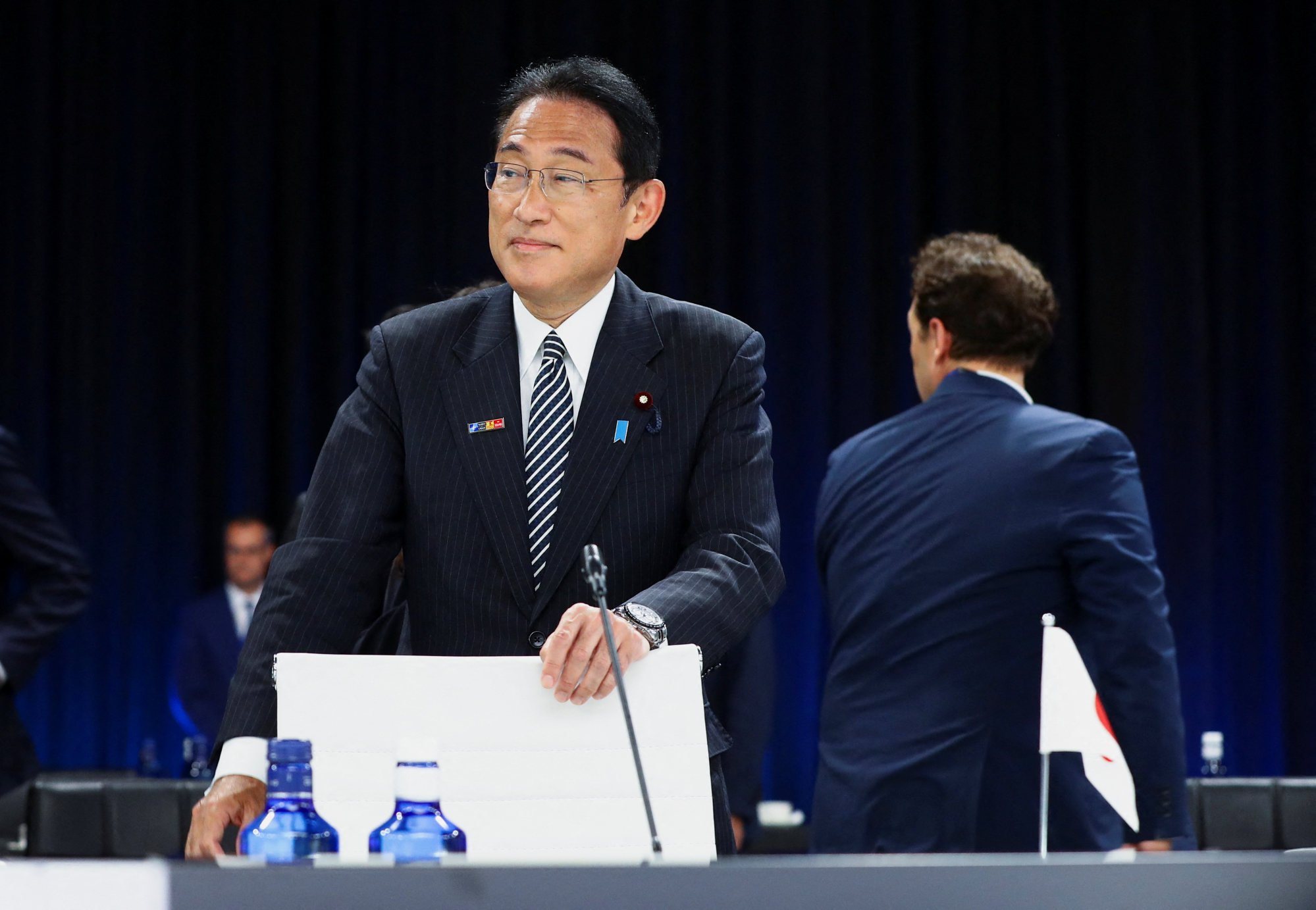
Kishida added that he felt a “strong sense of crisis” over the likelihood of conflict in East Asia along the lines of Russia’s invasion of Ukraine, according to the Kyodo news service, given China’s opaque military buildup and provocative moves in the East and South China Seas.
Before the meeting, North Korean state news agency KCNA criticised the “US and its allies” for trying to form an “Asian Nato”.
“The US is hell-bent on military cooperation with its stooges in disregard of the primary security demand and concern by Asia-Pacific countries,” KCNA said.
The new strategic concept said: “Syria, North Korea and the Russian Federation, along with non-state actors, have resorted to the use of chemical weapons.” China’s growing nuclear activities were also mentioned in the document.


